29 May 2015
Ömer Engin LÜTEM
Like every year, the Sardarapat “victory”, which is claimed to be won against the Ottoman Empire in 1918, was celebrated this year.
Sardarapat is the name of a place near Erivan. In Turkish historical sources and in serious foreign sources, there is no mention of such a victory bearing this name. When researched, it is seen that following Russia’s withdrawal from the First World War, the Ottoman Empire attacked to take back the territories it lost, repelled Armenians who occupied the territories left behind by Russians and even took the city of Gyumri in Armenia. It is also seen that during the Ottoman army’s march to the east from Gyumri, the Ottoman forces encountered resistance from Armenian forces near Bash Abaran, Karakilisa and especially in Sardarapat, stopped and slightly retreated.
While the clashes were continuing, Armenian and Ottoman delegates were negotiating in Batum in order to reach an agreement. After a short while, these negotiations concluded and a treaty was signed in Batum on June 4 which determined the borders of Armenia. According to this treaty, Sardarapat was given to the Ottoman Empire and thus the resistance in Sardarapat had lost its meaning.
As it is seen, the Sardarapat “victory” is nothing more than the brief stoppage of the Ottoman forces, therefore could not be considered as a military victory. On the other hand, statement by Armenians claim that the victory in Sardarapat prevented the destruction of the Armenian nation by the Ottoman army. However it is a known fact that Armenians were not the target of the Ottoman army. Ottoman army’s aim was to reach to Baku as soon as possible and pass to the other side of the Caspian Sea if possible.
There is no mention of the Sardarapat “victory” in the early period of the Soviet Union. Later, beginning from 1960’s, after the revelation of Jupiter missiles in Turkey following the Cuban Missile Crisis, the idea of using Armenian nationalism became prominent as a means to be used as a trump card against Turkey when needed. In this context, a genocide memorial was erected in Yerevan in 1967 and in 1968, on the 50th anniversary of the battle, several memorials were built near Sardarapat dedicated to the “victory”. Since then, flamboyant ceremonies are held in the genocide memorial on April 24 and in Sardarapat on May 26. When viewed from this aspect, it is seen that the Sardarapat “victory” is an invention by the Soviets rather than the Armenians.
The Armenian public opinion and governments which are dominated by ultra-nationalist sentiments immediately adopted this virtual victory and started to celebrate it. The lack of an Armenian state for centuries, therefore the lack of victories to be celebrated by Armenians has a major role in this. In this respect, the Sardarapat “victory” filled a void. Additionally, this fictive victory against the Ottomans became an opportunity for the expression of negative sentiments against the Turks and a means for national self-praise, insomuch that unrealistic comments were made such as the Turkish armies who won the Battle of Gallipoli lost to the Armenians in Serdarapat.
© 2009-2025 Center for Eurasian Studies (AVİM) All Rights Reserved
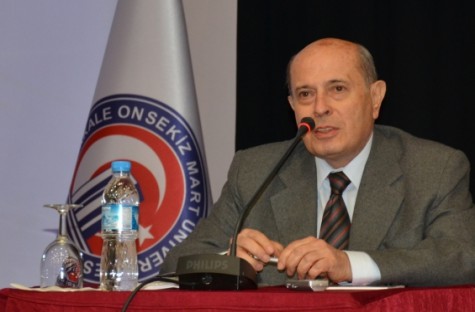
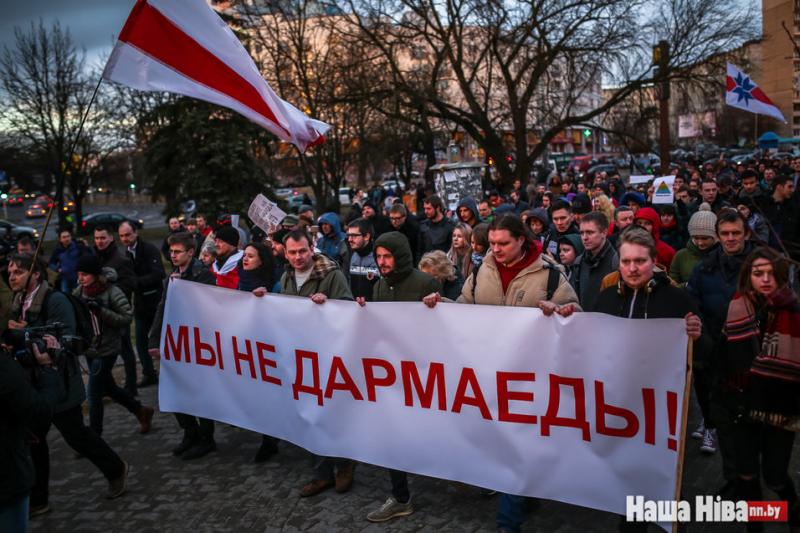 PROTESTS AGAINST THE “SOCIAL PARASITE TAX” IN BELARUS
PROTESTS AGAINST THE “SOCIAL PARASITE TAX” IN BELARUS
 CONSTRUCTIVE EURASIANISM: REVISITING DEFINITIONS
CONSTRUCTIVE EURASIANISM: REVISITING DEFINITIONS
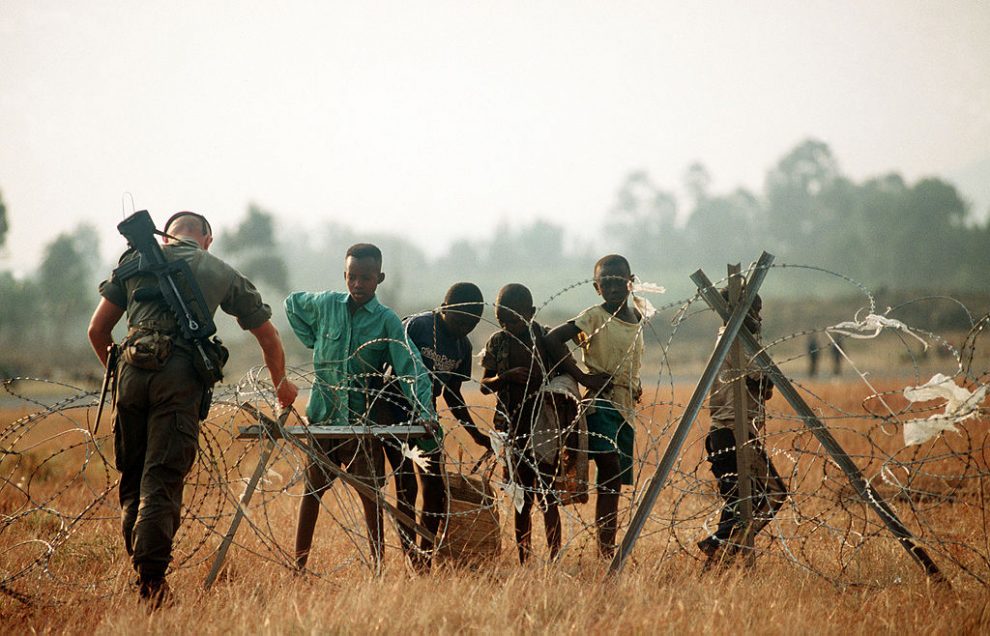 FRANCE IS ACCUSED OF DIVERTING ATTENTION FROM ITS ROLE IN THE GENOCIDE COMMITTED IN RWANDA
FRANCE IS ACCUSED OF DIVERTING ATTENTION FROM ITS ROLE IN THE GENOCIDE COMMITTED IN RWANDA
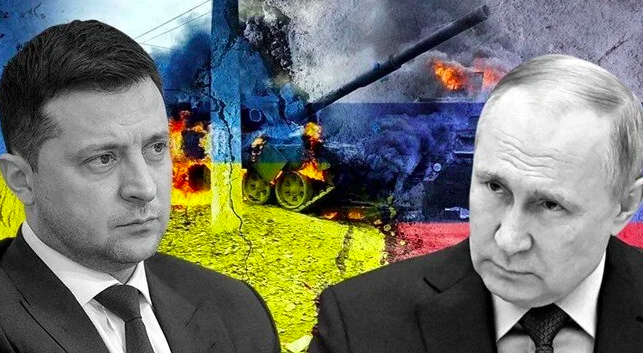 TURKEY’S MEDIATOR ROLE IN THE RUSSIA-UKRAINE WAR
TURKEY’S MEDIATOR ROLE IN THE RUSSIA-UKRAINE WAR
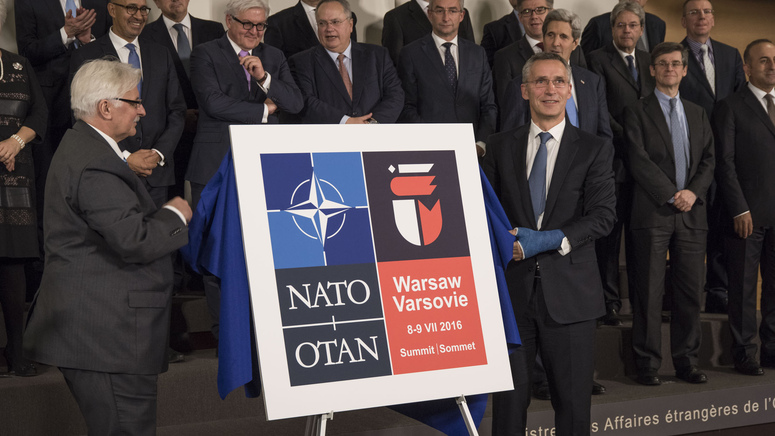 2016 WARSAW SUMMIT AND THE NAGORNO KARABAKH ISSUE
2016 WARSAW SUMMIT AND THE NAGORNO KARABAKH ISSUE




























